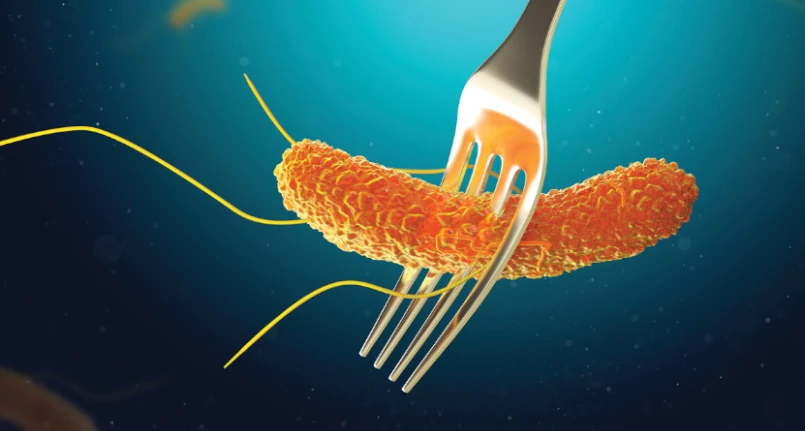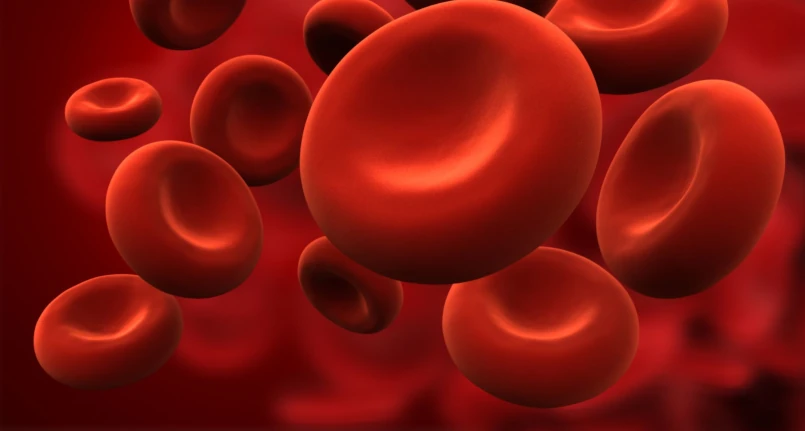Alcohol carries out its carcinogenic action in several ways :
It can cause oxidative stress with damage and alterations of the DNA and proteins of tissues or organs, it can inhibit the correct repair of the DNA , cause an incorrect increase in cell proliferation , problems of nutritional malabsorption , and can induce an increase in estrogen levels , also They are responsible for an increased risk of some forms of cancer .
With these mechanisms, alcohol has resulted in a risk factor for many tumor sites , primarily those of the upper aero- digestive tract (mouth, pharynx , larynx , oesophagus ) and of the breast , and then also of the last part of the intestine . of the stomach and liver .
Is there a safe level of consumption? Are some types of alcohol less risky?
For effective cancer prevention , the strongest recommendation according to all health research institutes is not to drink alcohol . People who choose to drink alcohol should limit their consumption to no more than one standard alcoholic beverage per day for women and two per day for men .




